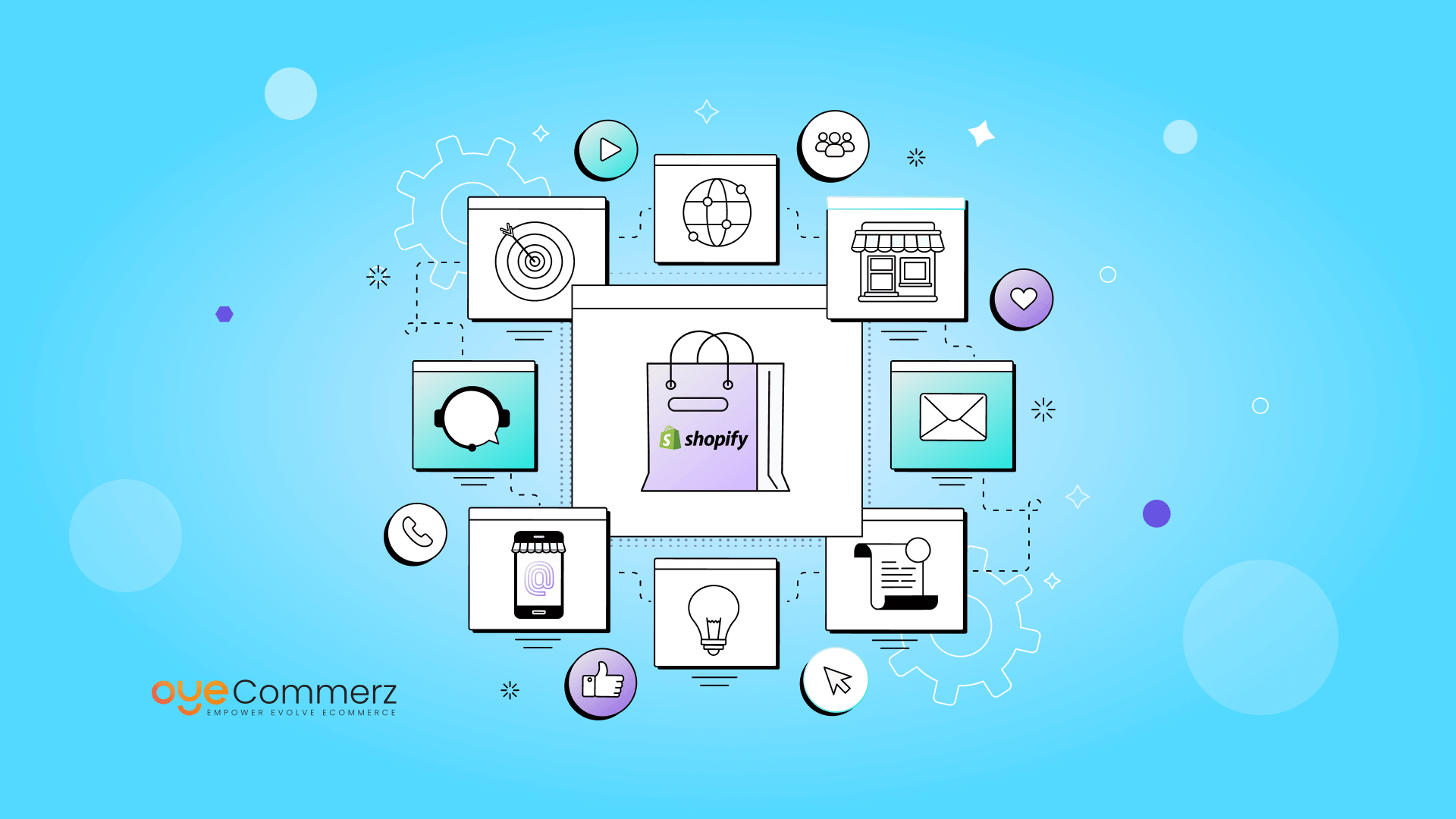Enhance Your Online Store: Custom Shopify App Development to Boost Performance
Enhance Your Online Store: Custom Shopify App Development to Boost Performance
Blog Article
Overview
In today’s competitive e-commerce environment, standing out is essential, and one of the best ways to set apart a Shopify store is through tailored app creation. A well-built Shopify app can boost store capabilities, streamline operations, and boost customer engagement. This guide delves into essential aspects of Shopify app development, from API integration to scaling strategies and promotion methods, offering a roadmap for businesses looking for unmatched store efficiency.
The Importance of Shopify API Integration
Shopify’s API offers robust tools to customize and expand store capabilities. With the GraphQL and REST API options, developers can retrieve information to build applications that handle inventory control, order handling, and customer data management smoothly. Integrating Shopify’s API can lead to better workflow automation and enables stores to serve customers more efficiently.
Utilizing the Polaris Design System
Shopify’s Polaris is Shopify's set of design guidelines for creating intuitive and easy-to-use Shopify apps. By following Polaris guidelines, developers ensure that apps seamlessly integrate within the Shopify Admin interface. This provides a cohesive appearance that appeals to Shopify merchants, encouraging usability and familiarity for merchants using your tailored app.
Understanding the Shopify App Ecosystem
The Shopify app ecosystem offers endless possibilities for enhancing online stores. From managing fulfillment processes to increasing customer engagement, apps in this ecosystem are designed to meet diverse business requirements. Familiarizing with this system assists developers in identifying unique app ideas and enables seamless integration of external tools that add value to the store.
Developing Embedded Shopify Apps
Embedded apps work seamlessly within the Shopify Admin, allowing a seamless experience for merchants. They ensure that merchants do not need to leave their Shopify control panel, streamlining their workflow. Employing Shopify App Bridge and embedded app capabilities is a best practice for providing a unified, well-integrated user experience.
Leveraging Node.js and React for Shopify Development
Node.js and React have emerged as ideal tools for Shopify app development. Node.js enables efficient back-end services, while React allows for interactive and adaptive front-end design. Together, they provide an strong framework for creating speedy, scalable Shopify apps that enhance store performance and customer interaction.
Utilizing Webhooks in Shopify Development
Webhooks allow real-time data synchronization between Shopify and an outside application. They trigger events such as order creation or stock changes and provide immediate alerts to your app. By implementing webhooks, apps can provide up-to-date insights for store owners, streamlining workflows and increasing productivity.
Engaging Customers Through Digital Marketing for Shopify Apps
To ensure Shopify app success, connecting with users is crucial. Using digital marketing strategies like SEO, email marketing, and social media campaigns can increase app usage. Additionally, designing apps with Shopify app integration benefits customer interaction as a focus (e.g., loyalty programs or personalized suggestions) increases user loyalty and loyalty.
Scaling Your Shopify App
As e-commerce businesses grow, so do their technological needs. Making sure that your app can manage E-commerce app development higher usage, larger data sets, and more advanced functionalities is critical. By improving server resources and using scalable technologies, you can create apps that grow in tandem with a store’s growth.
Important Features and Maintenance Tips for Shopify Apps
For an app to be effective, it should offer essential features like user authentication, dashboard analytics, and support channels. Regular app upkeep, with updates to fix bugs and compatibility checks with new Shopify features, is vital to maintain uninterrupted performance and prevent disruptions to merchant workflows.
Conclusion
Custom Shopify app development offers immense opportunities for e-commerce businesses, providing the chance to enhance performance, streamline processes, and build customer relationships. With API integrations and Node.js to ensuring scalability and customer engagement, creating a Shopify app requires thoughtful preparation and well-planned actions. If you’re ready to elevate your e-commerce experience, a custom Shopify app may be the ideal solution. What capabilities do you see for your ideal app? Share your thoughts and take the first step toward an enhanced e-commerce journey!
 Report this page
Report this page